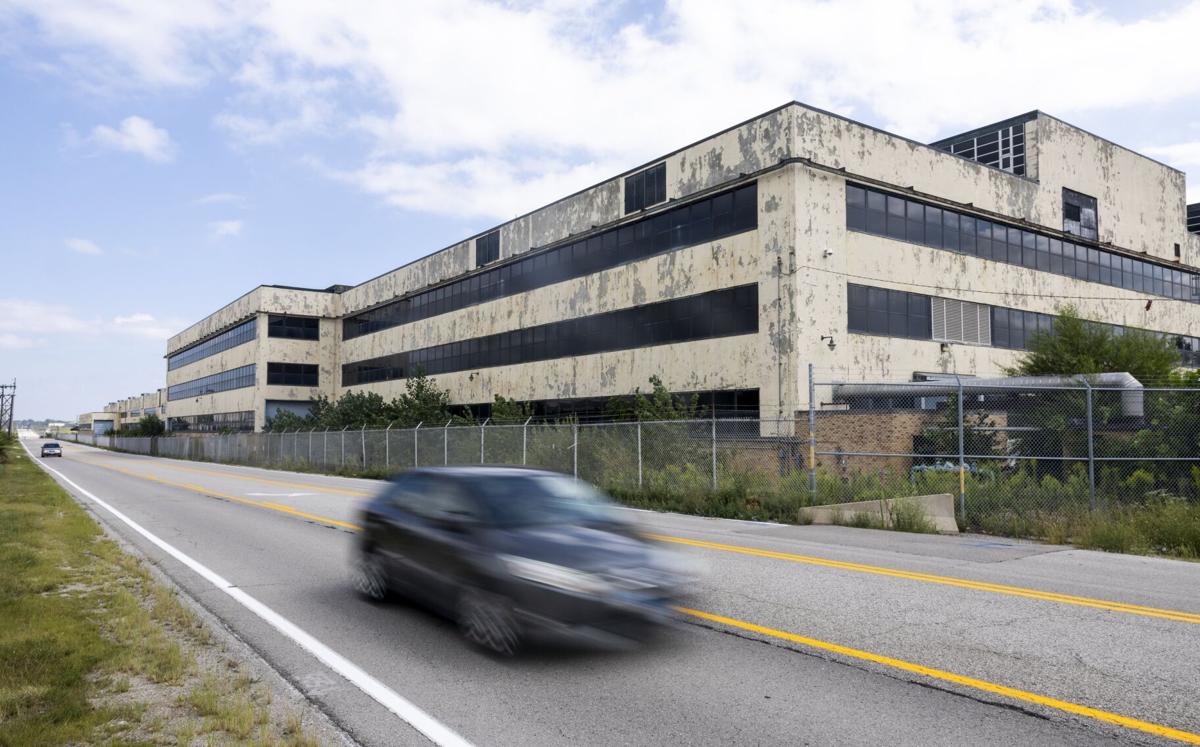ST. LOUIS COUNTY ŌĆö The Federal Aviation Administration has endorsed Boeing Co.ŌĆÖs plan to tear down a long-vacant aircraft factory to make way for part of its potential expansion at ║³└Ļ╩ėŲĄ Lambert International Airport.
The federal agency agreed with an environmental assessment of the project prepared by Boeing and supported by Lambert.
ŌĆ£The FAA determined that there are no alternatives that address the purpose and need of the project and are both prudent and feasible,ŌĆØ the agency said in its 14-page ruling on Dec. 15.
The agency also said the $1.8 billion project wouldnŌĆÖt ŌĆ£significantly affect the quality of the human environment,ŌĆØ including noise levels.
Moreover, the FAA said the project would have major beneficial impacts to the regional economy, employing about 1,500 existing Boeing workers here and resulting in as many as 500 new jobs.
People are also reading…
The Boeing plan is dependent on winning major new Defense Department business. The company has been vague about what contracts itŌĆÖs seeking but aerospace firms are competing to build the next generation of fighter jets.
The old Curtiss-Wright aircraft manufacturing site targeted for razing, on the north end of the airport, is on the National Register of Historic Places. The complex was used to produce World War II military planes by Curtiss-Wright and other aircraft for McDonnell-Douglas in later years. A related building is eligible for the register, the FAA said.
Boeing, in a draft environmental assessment submitted to the FAA in September, asserted that renovating the old plant would be far more costly than tearing it down and building a new facility.
The report said renovation to meet current aeronautical design requirements and intelligence community security standards would cost an estimated $600 million ŌĆö about three times the cost of demolition and new construction there.
Boeing and Lambert plan to honor the old plant, the FAA noted, with a display at the airport and a historical website.
The buildings have been on the national register since 2016, when another company, Bi-National Gateway Terminal, was working on a different proposal for an international cargo terminal.
The city of ║³└Ļ╩ėŲĄ, which owns Lambert, in 2019 approved a revised version of the Bi-National plan, in which the old buildings would be rehabbed and financing would include state historic tax credits.
But the city terminated the lease a few months later because of the firmŌĆÖs failure to pay back rent and meet other requirements. A city circuit judge last month upheld the termination of the lease.
The new Boeing lease also includes a larger airport-owned site on LambertŌĆÖs eastern end in Berkeley.
Members of the ║³└Ļ╩ėŲĄ County Council discuss their rationale before voting on a property tax break for Boeing on Tuesday, Sept. 19, 2023. Video courtesy of the county government; edited by Beth O'Malley











